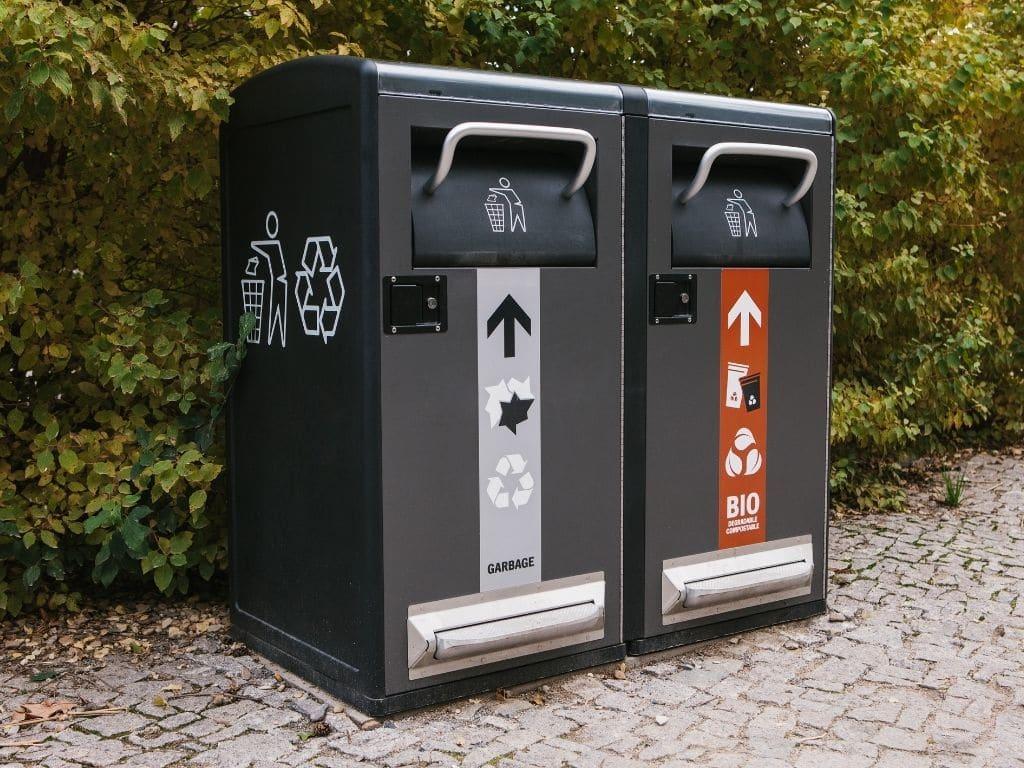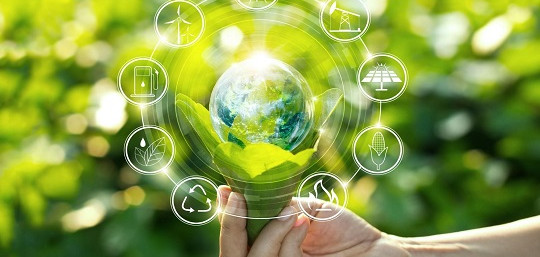Top Waste Management Technologies That Embark You Towards a Better Tomorrow

In this fast-evolving world, there stands a major challenge to environmental and economic sustainability: waste management. With the recent population growth of the world and further urbanization of the same, the generated waste is also increasing relatively high. Such management is very critical for the purposes of minimizing pollution, natural resources conservation, and biodiversity protection.
Modern technologies in the waste management field are paving the way for a sustainable future. This very article deals with some of the innovative technologies in the waste management field that make great impacts, including even the involvement of solar-powered trash compactor.
1. Solar-Powered Trash Compactors
A recent innovative contribution to modern waste management is the use of solar-powered trash compactors. This includes solar-powered compacting mechanisms that reduce the volume of the waste material. They contribute to minimizing the frequency of waste collection within a given area by compacting the waste at source, hence cutting down on the carbon footprint related to waste transportation. The very great efficiency of the solar-powered trash compactors can be deployed in places like parks, beaches, and urban centers where they will greatly check waste overflow and further reduce significant public littering.
2. Smart Waste Bins
Technology has transformed ordinary waste bins into smart waste management systems. Smart bins are the containers with sensors to monitor the wastage within them, and if required, send information real-time to the waste management company from the monitoring gadget duly fitted. It allows to collect the bins as soon as they are full, taking the maximum benefit from the routes and the schedule of waste collection, which means less consumption of fuel and pollution.
Some smart bins further have Wi-Fi connectivity and are even capable of working as an information kiosk and advertisement platform, therefore adding value.
3. Waste-to-Energy (WtE) Technologies
Waste-to-energy technologies are some of the important technologies that are required for the conversion of non-recyclable waste materials to gain useful heat, electricity, or fuel through various processes, including combustion, gasification, pyrolysis, anaerobic digestion, and landfill gas recovery. The technology will contribute not only to the reduced quantum of waste but also to yielding energy; hence, dual benefits in the context of waste management and the energy supply. Waste-to-Energy facilities are increasingly regarded as a key component of integrated waste management systems in countries where there is limited space for landfills.
4. Advanced Recycling Techniques
Advancements such as polymer recycling technologies have made it much easier to recycle and upcycle waste material. Some of the present-day trends include polymer upcycling ideas that chemically alter plastics to make something much better than the initial material.
Further, innovation in sorting and processing technologies has been experienced, hence raising their effectiveness and the range of recyclable materials, and in so doing reducing the quantities that could be bound to the landfills.
5. AI and Robotics in Waste Sorting
Artificial intelligence (AI) and robotics have revolutionized waste sorting and management. The robots, though, are boosted with AI technologies much more accurately than humans and sort and separate the waste materials at a very fast pace.
The robots have built-in sensors, including machine learning and computer vision technologies, to sort the waste systematically and in a streamlined manner that minimizes the contamination levels within the recycling stream to increase the overall efficiency in recycling operations.
6. Biodegradable and Compostable Alternatives
Furthermore, the development of biodegradable and compostable materials could be a useful and productive measure in waste salvage. The usage of materials specifically designed to decompose much faster than the normal products would have less potential for environmental effect and thus dump fewer amounts onto landfills.
Further technological advancements, such as composting, will serve to expedite the natural decomposition process, enabling a complete transformation of this organic waste into valuable compost to be used in agriculture to further the circular economy.
7. Internet of Things (IoT) for Waste Management
Internet of Things (IoT) chains the various devices along the waste management chain today—from the bin to the trucks to recycling facilities. It brings along not only proper monitoring but also reporting that ensures smart decisions based on data.
This connectivity improves both operational efficiencies and enhances transparency in the waste management processes.
8. Chemical Recycling
On the other hand, chemical recycling is the degradation process of plastics into their chemical elements for reuse in the manufacture of new plastics or in other applications. This becomes very important when dealing with plastics that cannot be efficiently recycled by classical, mechanical processes. It opens up an avenue to essentially ‘upcycle’ the waste materials into high-quality products.
Conclusion
Efficiently deployed, advanced waste management technologies represent a great leap towards working for a sustainable future. Some of the latest innovations are solar-powered trash compactors to artificial intelligence in waste sorting systems; it is increasing efficiencies and making way to build more resilient urban habitats. These technologies offer the promise of waste reduction, decreasing greenhouse gas emission, and conserving natural resources. Investment by cities and countries in such technologies can, one step ahead, make them attain their sustainability goal and set the course for a cleaner, more sustainable world for future generations.











